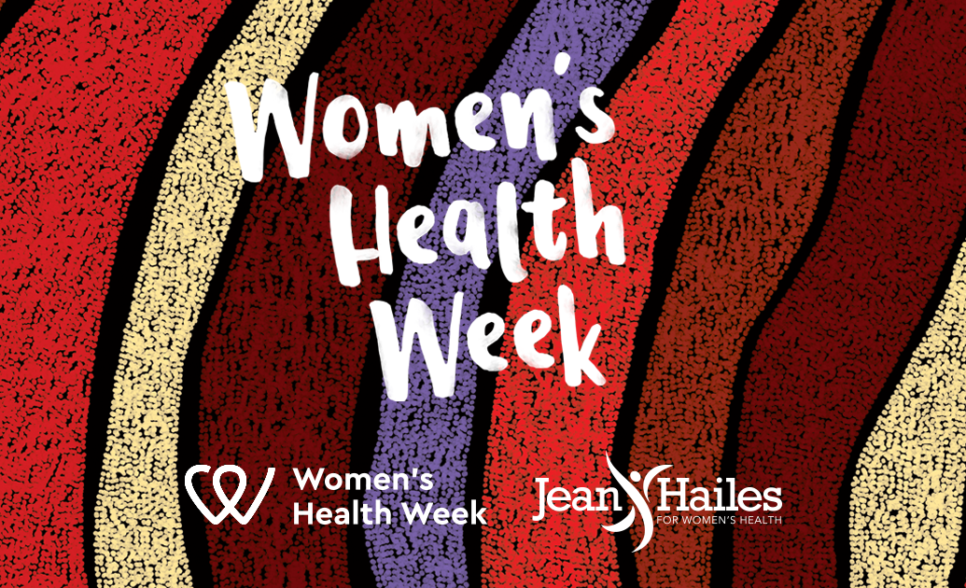-
Your liver
Call the LiverLine todayLiverLine is a free, confidential and non-judgmental phone service that provides information, support and referrals.
-
Liver conditions
-
Services
-
Get Involved
Subscribe to eNewsKeep up to date with updates on LiverWELL programs, activities and services, campaigns, new developments and sector news.
-
About us
- Resources
LiverLine
1800 703 003










